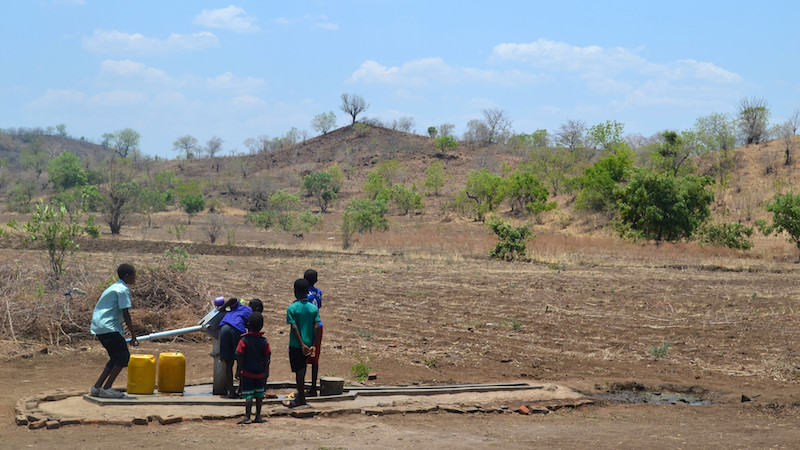
The G7 Summit in Italy, gave African leaders a platform to express grievances to the involved parties. This includes a lack of sufficient investment in Africa’s clean energy. Currently, the continent only receives 2% of the globe’s funding in green energy, despite having the majority of renewable resources like solar and wind.
Stats show that Africa’s wind resources can generate 42x of the world’s power, while its solar energy can help kickstart vast projects like solar powered irrigation schemes. The latter can help solve the food crisis in respective countries like Sudan, Mali and Morocco.
Barriers to investment in Africa’s renewable energy include the risks involved in various countries. They include civil and religious wars, and political instability. Also, investors complain of the high cost of starting energy projects. This is directly related to the respective governments sanctions which mostly discourage foreign investors and kill the dreams of many young entrepreneurs in the energy sector.
Additionally, the continent has recently faced devastating climatic calamities like floods in East and Southern Africa, and cyclones such as the Cyclone Hidaya in Tanzania & Kenya, and Cyclone Freddy in Malawi.
Therefore, Africa requires imminent climate finance solutions. Typically, the continent needs at least $25 billion annually to help actualize and maintain clean energy projects. It’s upon respective governments to set up favorable working environments, especially for the foreign investors.
Also, African nations need to pool resources together. AFDB president, Dr. Akinwumi Adesina, encourages this and pushes countries to work together, and not only depend on foreign aid.


Add a Comment